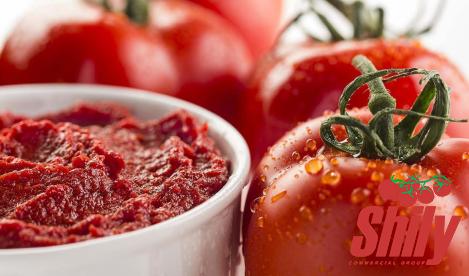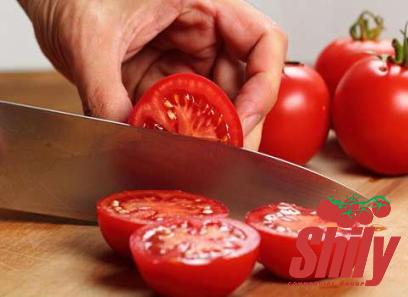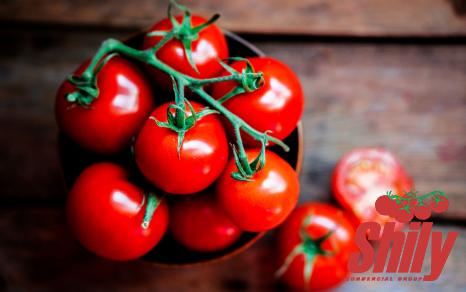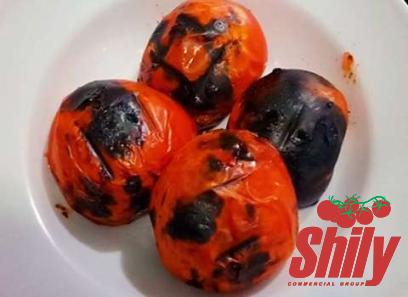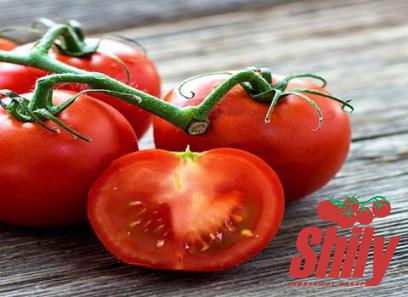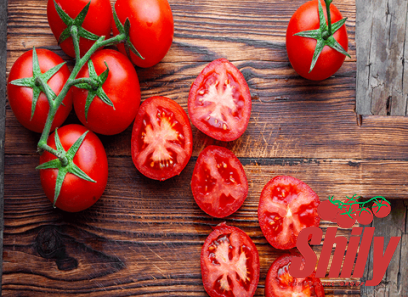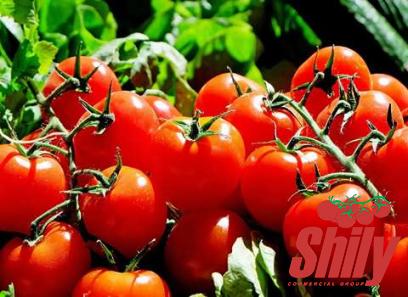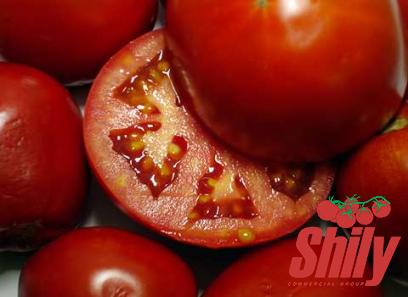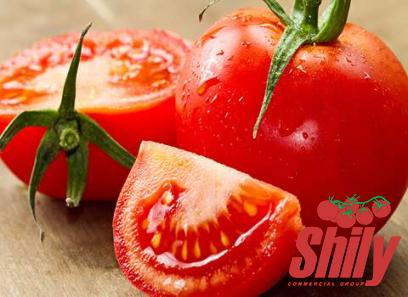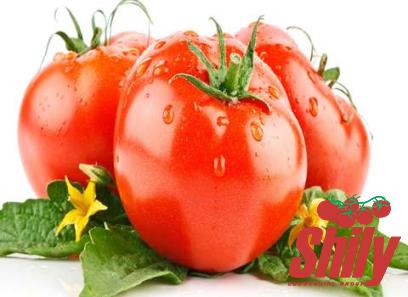A Culinary Masterpiece
Introduction:
French cuisine is celebrated all over the world for its elegance, sophistication, and attention to detail. At the heart of this gastronomic heritage lies the art of French sauces. These flavorful concoctions bring depth, richness, and refinement to dishes, elevating them to extraordinary levels.
Origin and Historical Significance:
The tradition of French sauces can be traced back to the 17th century when renowned French chef François Pierre La Varenne codified the various sauce techniques in his influential cookbook, “Le Cuisinier François.” This seminal work laid the foundation for French culinary excellence, making sauces an integral part of French cuisine.
Main Types of French Sauces:
1. The Five Mother Sauces:
French sauces are often categorized into five fundamental “mother” sauces, from which an array of derivative sauces can be created. These mother sauces include:
a. Béchamel: This creamy, velvety white sauce is made from a roux (a mixture of flour and butter) combined with hot milk.
b. Velouté: Velvety and delicate, this sauce is made by simmering a roux with a light stock, such as chicken, veal, or fish.
c. Espagnole: Also known as brown sauce, it is made by combining a brown roux with a dark stock and a mirepoix (a mixture of diced onions, carrots, and celery).
d. Hollandaise: A classic emulsion sauce made from egg yolks, melted butter, and acidic liquids such as lemon juice or vinegar.
e. Tomato: A tangy and vibrant sauce made by sautéing onions, garlic, and tomatoes, then simmering it to a thick consistency.
2. Derivative Sauces:
From the five mother sauces, countless derivative sauces are created by adding ingredients such as herbs, spices, wines, stocks, and reductions. Some notable examples include:
a. Béarnaise: A variation of hollandaise sauce, enriched with tarragon, chervil, shallots, and a reduction of vinegar or white wine.
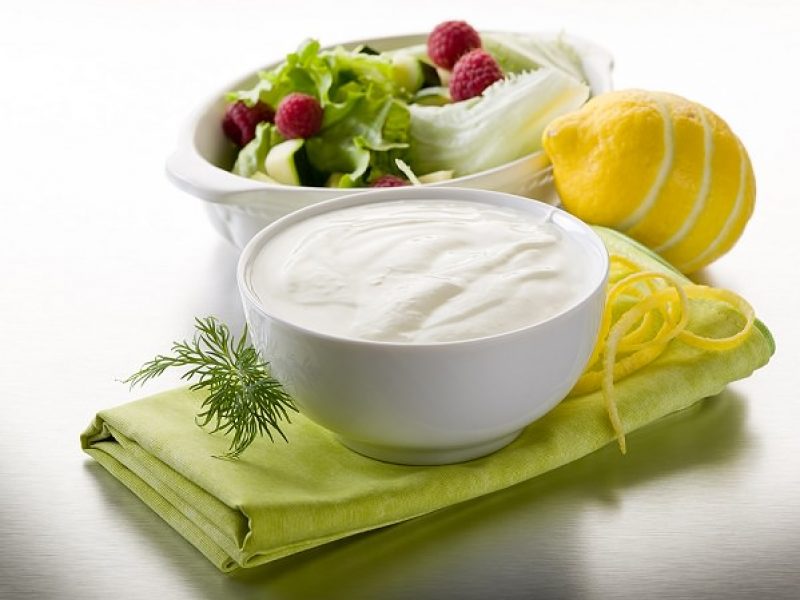
b. Allemande: A velouté sauce with freshly squeezed lemon juice, egg yolks, and cream.
c. Chasseur: A tomato-based sauce flavored with white wine, mushrooms, herbs, and shallots.
d. Bordelaise: A red wine reduction-based sauce, flavored with bone marrow, shallots, and herbs.
e. Mornay: A béchamel sauce with the addition of grated Gruyere cheese, mustard, and nutmeg.
Key Techniques in Sauce Preparation:
1. Roux:
Roux, a mixture of equal parts flour and fat (usually butter), serves as the base for many French sauces. It acts as a thickening agent and provides a creamy texture. The degree of cooking affects the color and flavor of the sauce, ranging from a white roux for béchamel to a dark roux for espagnole.
2. Reductions:
Reducing a sauce involves simmering it to evaporate excess liquid, intensifying the flavors. This technique concentrates the sauce, resulting in a rich and luscious texture.
3. Emulsification:
Emulsified sauces, such as hollandaise or mayonnaise, require the careful blending of fat (butter or oil) with vinegar, lemon juice, or egg yolks. The key is to achieve a stable and velvety emulsion, which requires patience, precision, and a gentle hand.
4. Deglazing:
After cooking meat or vegetables, the flavorful residue left in the pan (called fond) is often used as the foundation for a sauce. Deglazing involves adding liquid (such as wine or stock) to the pan, scraping up the browned bits, and simmering it to create a sauce with a complex flavor profile.
The Significance of French Sauces:
1. Elevating Flavors:
French sauces have the remarkable ability to transform a dish, enhancing the taste profiles and elevating them to new heights. Whether it’s a delicate velouté accompanying a poached fish or a rich bordelaise complementing a succulent steak, these sauces add layers of complexity and depth.
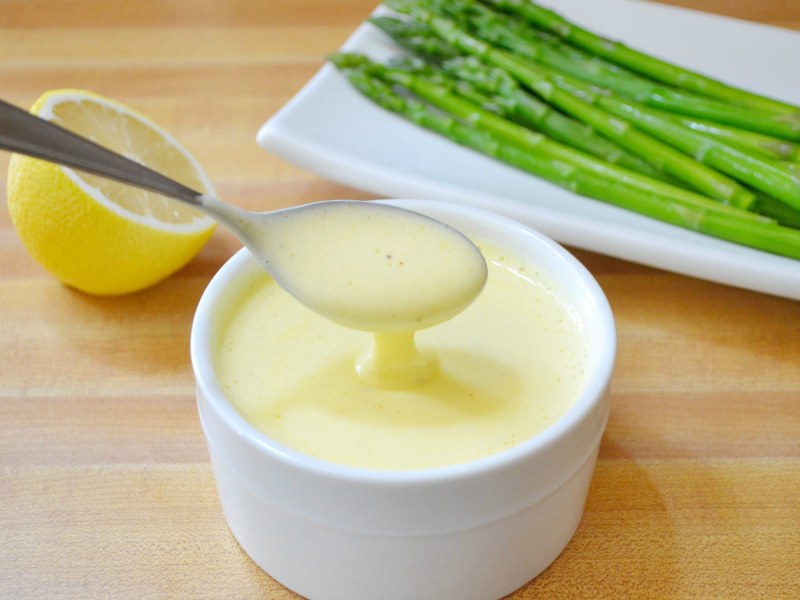
2. Versatility:
French sauces are incredibly versatile, allowing chefs to create an endless array of dishes. From traditional classics to modern interpretations, the various sauces lend themselves to a wide range of culinary styles and presentations.
3. Expressing Culinary Skill:
Mastering the art of French sauces is considered an essential skill in the culinary world. It showcases a chef’s ability to balance flavors, execute precise cooking techniques, and create harmonious combinations of ingredients.
4. Culinary Heritage:
French sauces represent a vital element of France’s culinary heritage. They embody the traditional techniques and flavors that have been passed down through generations, preserving and celebrating the rich history of French gastronomy.
Conclusion:
French sauces are the cornerstone of French cuisine, blending technique, artistry, and taste to produce culinary masterpieces. From the ubiquitous mother sauces to the myriad of derivative sauces, these creations are a testament to France’s culinary prowess. Whether prepared in a traditional or contemporary manner, French sauces continue to tantalize taste buds and delight food enthusiasts around the globe, representing the epitome of culinary excellence.The Business of French Sauces: A Taste of Success
1. Catering to Culinary Enthusiasts:
French sauces have attained global recognition and popularity, creating an opportunity for businesses to cater to the demands of culinary enthusiasts. Specialty shops and online retailers can offer a wide selection of French sauces, from the traditional mother sauces to unique and innovative flavors. Creating a niche market by sourcing high-quality ingredients and showcasing authentic French recipes can attract a dedicated customer base.
2. Gourmet Food Products:
French sauces make for excellent gourmet food products. Businesses can produce and package these sauces in attractive jars or bottles, positioning them as premium products for consumers who enjoy the convenience of a ready-made, high-quality sauce. This avenue enables the distribution of French sauces in gourmet stores, supermarkets, and online platforms, targeting customers who seek premium culinary experiences.
3. Culinary Education and Training:
The art of French sauce preparation requires culinary skills and expertise. Establishing a culinary school or offering specialized training programs focused on mastering French sauces can be a lucrative business endeavor. Providing hands-on training, theoretical knowledge, and industry connections can attract aspiring chefs and food enthusiasts who are eager to learn the secrets of this culinary tradition.
4. Professional Chefs and Restaurants:
Restaurants and professional chefs can capitalize on the demand for French sauces by incorporating them into their menus. Offering a range of dishes featuring classic or inventive sauces can attract discerning diners seeking an elevated dining experience. Collaborating with renowned chefs who specialize in French cuisine can add prestige and further enhance the reputation of the establishment.
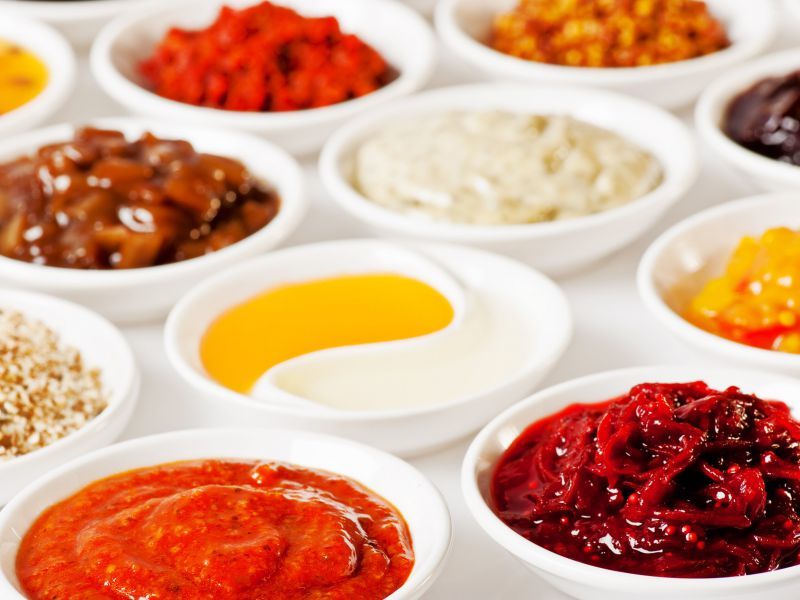
5. Culinary Tours and Experiences:
France, being the birthplace of French sauces, presents an opportunity for culinary tourism. Creating culinary tours and experiences centered around French sauces can provide travelers with an immersive and educational journey into the world of French cuisine. Guided visits to traditional French sauce producers, masterclasses with renowned chefs, and immersive cooking workshops can cater to tourists seeking an authentic gastronomic experience.
6. Cookbook and Recipe Development:
Publishing cookbooks and developing recipes that highlight French sauces can be a profitable business venture. Creating beautifully illustrated cookbooks that showcase the versatility and techniques of French sauce preparations can appeal to home cooks and food enthusiasts. Collaborating with expert chefs to develop unique and innovative recipes can make the cookbook stand out in the market.
7. Private Chef Services:
Offering private chef services that specialize in French cuisine and sauces can cater to individuals and families seeking personalized dining experiences. Whether for special occasions or intimate gatherings, the expertise of a private chef can elevate the dining experience by infusing French sauces into various dishes. This business model can target high-end clientele, including celebrities, corporate executives, and affluent individuals.
8. Exporting French Sauce Products:
Expanding the reach of French sauces beyond France can open up new business avenues. Exporting French sauce products to international markets, either as a standalone product or as part of a gourmet food range, can be a lucrative opportunity. Partnering with distributors, exploring e-commerce platforms, and targeting markets with a growing appreciation for French cuisine can pave the way for successful export ventures.
9. Online Cooking Courses:
In recent years, online cooking courses have gained significant popularity. Developing a platform that offers in-depth courses focused on mastering French sauces can tap into this growing market. Providing step-by-step video tutorials, interactive lessons, and resources for students can create a virtual culinary school that caters to individuals worldwide who aspire to learn the culinary art of French sauces.
10. Food and Beverage Consulting:
Becoming a French sauce consultant can be an appealing business option for established chefs with expertise in this domain. Offering consultancy services to restaurants, catering companies, and food manufacturers can involve recipe development, menu planning, training staff on sauce preparation techniques, and ensuring the quality and consistency of French sauces in commercial settings.
11. Partnership with Food Manufacturers:
Food manufacturers looking to add authentic French flavors to their product offerings can partner with French sauce producers. These partnerships can involve developing customized sauce blends, co-branding opportunities, and private-label product collaborations. The aim is to provide food manufacturers with premium-quality French sauces that align with their brand ethos and cater to their target market.
12. Culinary Events and Festivals:
Organizing culinary events, such as French sauce festivals or French cuisine showcases, can attract food lovers, industry professionals, and tourists alike. These events create a platform for French sauce producers, culinary experts, and businesses to showcase their products and services. Culinary competitions, live cooking demonstrations, and tasting experiences can create a dynamic and engaging atmosphere, promoting both French sauces and related businesses.
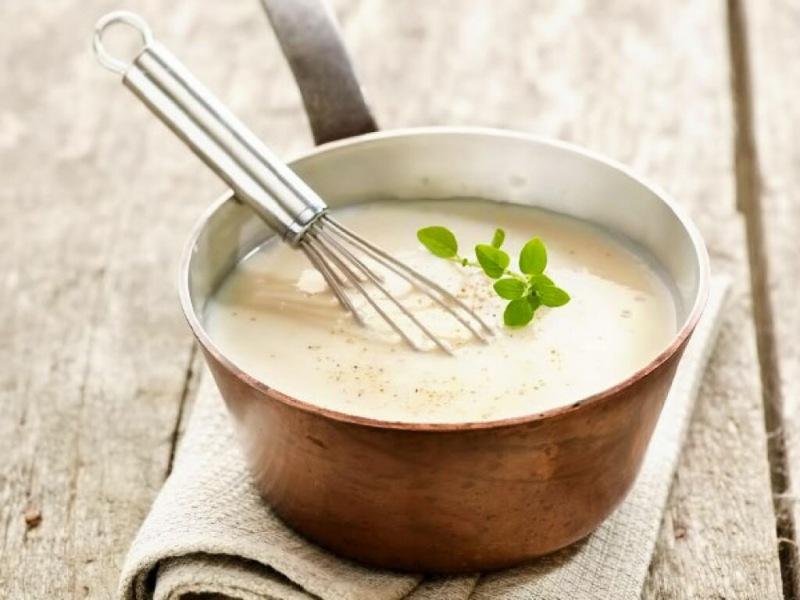
Conclusion:
The world of business opportunities surrounding French sauces is vast and diverse. From gourmet products and culinary education to consulting services and culinary tourism, the art of French sauces presents numerous avenues for entrepreneurs and established businesses to thrive. By capitalizing on the global admiration for French cuisine and their sauces, businesses can tap into a market hungry for rich flavor experiences and elevate their brand presence in the culinary world.
